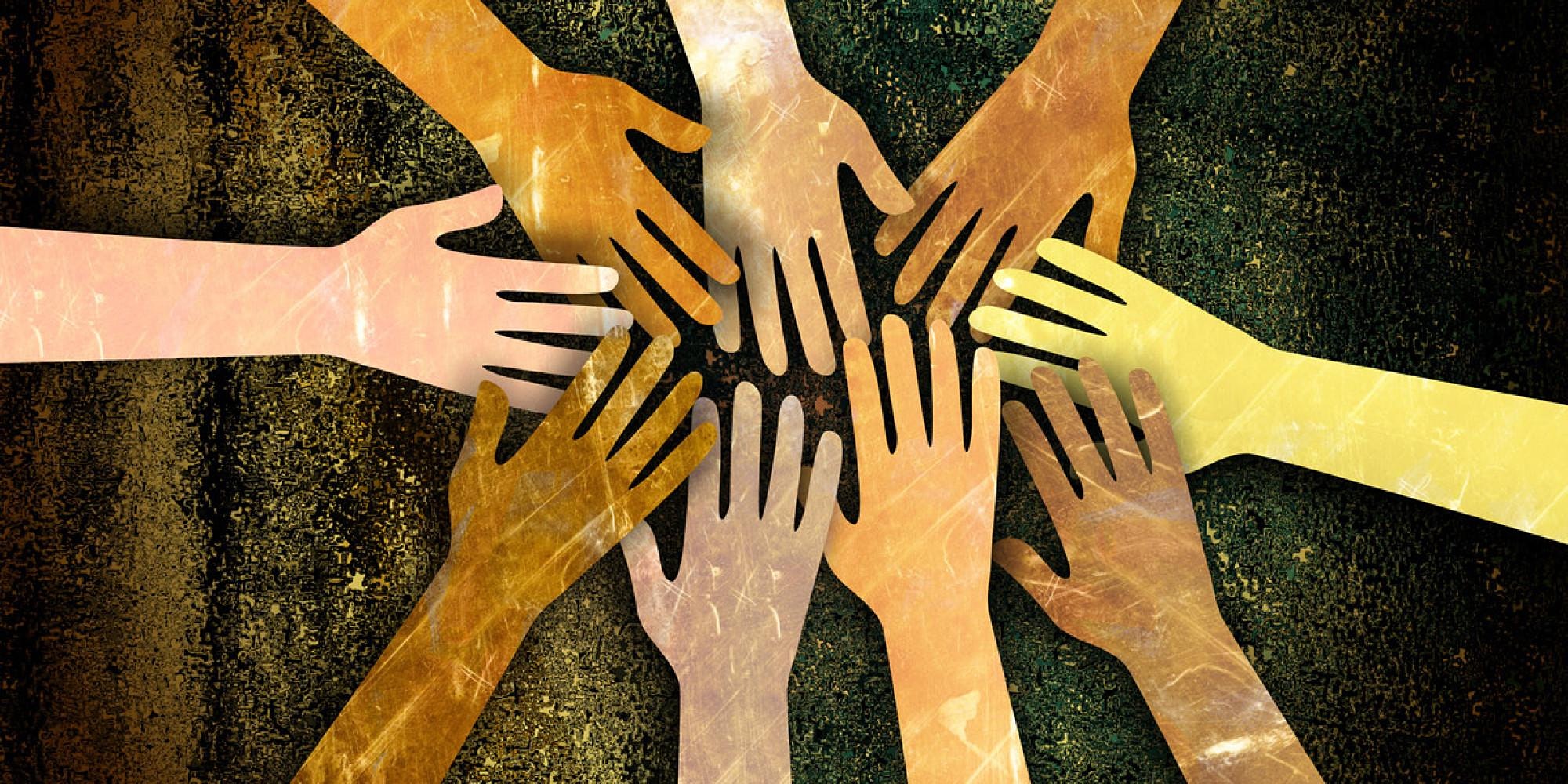*** SPACE IS LIMITED TO ONLY 65 SEATS – REGISTER TODAY TO RESERVE YOUR SPOT!***
PLEASE NOTE: Check in/registration is at 11:30 AM. The workshop starts at 12:00 PM
707STRONG: Working With Post-Disaster Trauma Relief From A Mental Health Perspective
On October 8, 2017, fire broke out near Tubbs Lane in Calistoga, California. This event became the deadliest fire in California, burning over 36,000 acres and resulting in tremendous loss of property and life. While this and other blazes in Sonoma, Napa, and Lake counties are now contained, the work of our communities is just beginning. The impact of this disaster on mental health is far reaching and will require an integrated, long-term approach. This 5-hour workshop will consist of 4 lectures and a panel discussion devoted to providing culturally competent care to trauma patients and first responders. The neurobiological underpinnings of trauma will be explored, as will ways to deal with secondhand trauma as a clinician and community member.
LEARNING OBJECTIVES
- Apply culturally competent trauma work to first responders
- Analyze ways to work psychologically with teens in crisis
- Describe neurobiological systems affected by trauma, risk and resiliency factors of developing PTSD, and biological-based treatment methods
- Discuss therapist stress and ways to deal with vicarious traumatization as a clinician
- Demonstrate understanding of psychological first aid, psychology of grief, and public health consequences of disaster.
ABOUT THIS TRAINING
Nick Lucia, EdD and Jan Meyers, MS: First Responders are within a population among themselves; clinicians who do not do their homework about the similarities and differences of this population, as compared to the “average” client, can make or break a clinical relationship. Clinicians who wish to work with this population must develop a level of cultural competency that allows the First Responder to verify, trust, and then disclose. This segment of the workshop provides clinicians a general idea of what is needed to work with this population; it is not a stand-alone training to ‘bless’ those in attendance as competent to do so.
Synde Acks, Phd: The second hour of the presentation will be dedicated to working psychologically with teens in crisis. There will be an emphasis on how children of first responders are impacted by their parents’ roles in the community. We will discuss strategies to establish a rapport with teens, identifying the developmental stages and needs for youth through the lens of Erikson’s Lifespan Development stages, determining which crisis intervention strategy to use, and assessing levels of need in the clients.
Anish Shah, MD: Trauma: Neurobiological Perspective and Treatment of Trauma
This hour will focus on biological issues surrounding trauma. The topics addressed in the course will cover neurobiological systems affected by trauma, risk and resiliency factors of developing PTSD, and biological-based treatment methods. Consideration will be given to identifying and distinguishing biological aspects of trauma, as well as delivering perspective and treatment on substance abuse. The core material, including a bibliography of relevant research, papers, books, and online resources, will be delivered in the course handouts. During the presentation, clinicians will have the opportunity to ask questions.
Cress Forrester, PhD: Coping with Stress, Burnout, Vicarious Traumatization, and Trauma
This hour will focus on therapist self-care in order to handle some of the inevitable emotional costs to therapists, of providing psychotherapy. These costs include stress, burnout, and vicarious traumatization. The effects of direct trauma will also be addressed in context of the recent local fires and all associated with them. Attention will be given to recognizing and distinguishing stress, burnout and vicarious traumatization, as well as coping skills to ameliorate therapist distress. Handouts will cover the core material, and include a bibliography of relevant research, papers, books, and online resources. Questions will be taken throughout the presentation. Clinical examples will be used throughout. All case material used will be heavily disguised to protect patient confidentiality.
Panel Discussion:
Christine Naber, PhD (facilitator); Nick Demara, PhD; Rick Zimmer, PhD, Sarah Katz, MPH
The final hour of this course will be a facilitated question and answer panel covering disaster response preparedness, psychological first aid, the public health consequences of disaster, and the psychology of loss from a survivor’s perspective. Panel representatives consist of a psychologist who lost his home in the Tubbs Fire and did his dissertation work on the psychology of loss, the RPA representative to the California Disaster Network, and an epidemiologist/public health specialist for the Sonoma County Healthcare Foundation.

